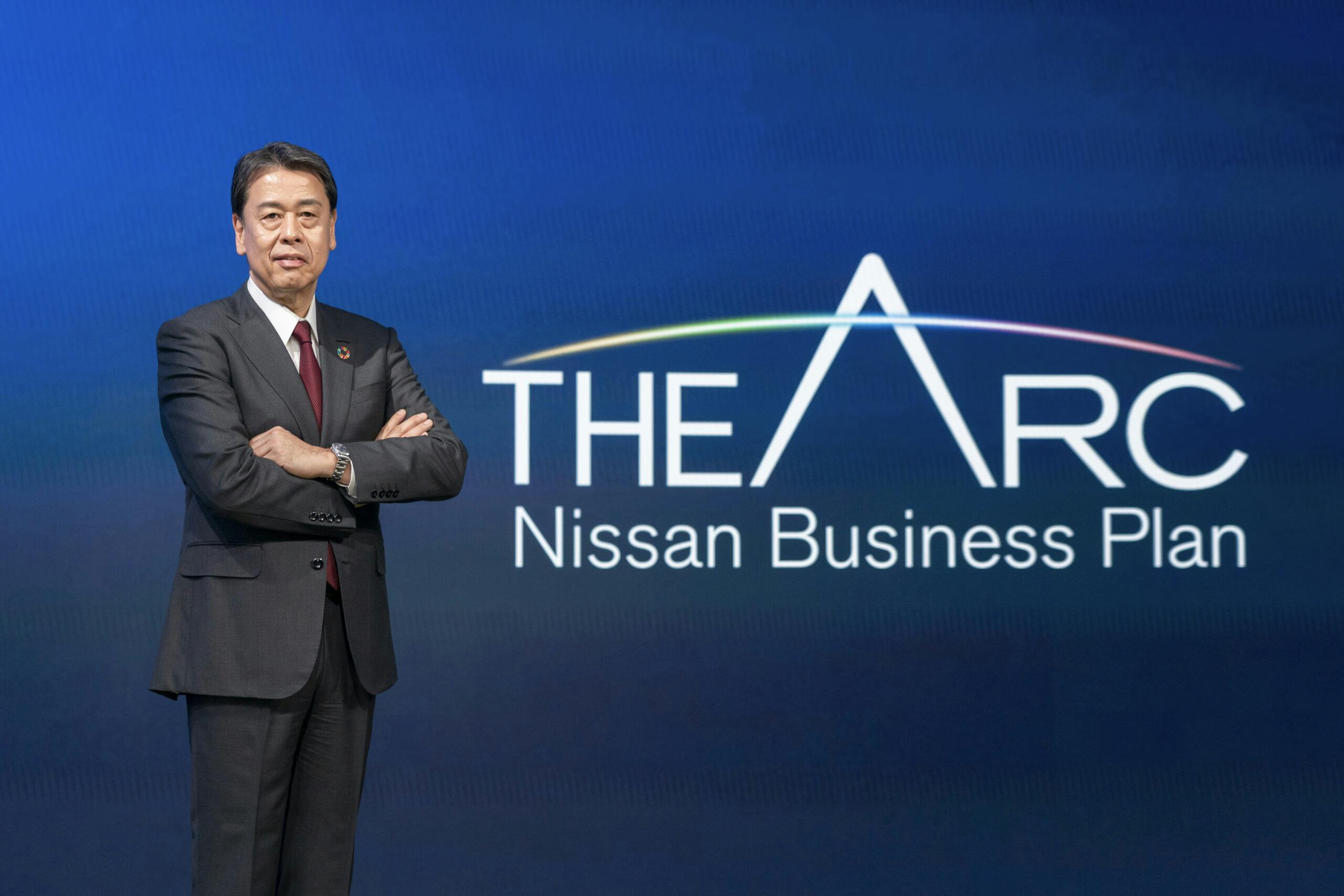Nissan Motor Co., Ltd has introduced a new business strategy, termed “The Arc,” aimed at augmenting its market value and fortifying its competitive edge within the automotive industry. This strategy outlines a series of initiatives, focusing on an extensive range of new products, the advancement of electrification, innovative engineering and manufacturing methodologies, the integration of emergent technologies, and leveraging strategic partnerships. These efforts are designed to boost global sales figures and enhance profitability margins.
“The Arc” serves as a transitional framework, bridging the gap between the company’s ongoing Nissan NEXT business transformation initiative, which spans from fiscal 2020 to fiscal 2023, and its long-term vision dubbed Nissan Ambition 2030. The new strategy delineates short-to-mid-term objectives for the fiscal years 2024 to 2026 and sets forth actions extending up to the year 2030 aimed at fostering sustainable growth and securing a competitive stance in the evolving automotive landscape.
Makoto Uchida, President and CEO of Nissan, emphasized that “The Arc” is indicative of Nissan’s adaptive trajectory and its commitment to navigating through fluctuating market conditions with agility. The plan is conceived to accelerate Nissan’s endeavors in delivering value and enhancing its competitiveness amid the challenges posed by market volatility.
The strategy is structured into two sequential phases. Initially, it aims to catalyze volume growth through a customized regional approach and to set the stage for a swift transition towards electric vehicles (EVs). This entails a strategic mix of electrified and internal combustion engine (ICE) models, expanding market presence in key regions, and adhering to financial prudence. By the conclusion of the fiscal year 2026, Nissan anticipates a sales increase of 1 million units and aims to elevate its operating profit margin beyond 6%. Subsequently, the latter phase focuses on facilitating the transition to EVs and achieving long-term profitability through strategic collaborations, boosting EV competitiveness, pioneering innovations, and exploring new revenue avenues. By fiscal year 2030, Nissan projects to tap into revenue potentials worth 2.5 trillion yen from emerging business opportunities.
Regarding product offerings, Nissan plans to unveil 30 new models over the coming three years, with 16 being electrified and 14 ICE models, catering to diverse market needs. From fiscal year 2024 to 2030, the company aims to introduce 34 electrified models across various segments, anticipating that electrified vehicles will constitute 40% of its global sales by fiscal year 2026, with expectations to rise to 60% by the decade’s end.
Nissan’s strategy also encompasses targeted initiatives across key regions to bolster market presence, including substantial sales increases in the Americas, China, Japan, and various territories spanning Africa, the Middle East, India, Europe, and Oceania. These initiatives are supported by significant model launches and investments aimed at enhancing customer experiences and expanding Nissan’s market footprint.
The plan underscores Nissan’s commitment to enhancing EV affordability and profitability through innovative development and manufacturing techniques. By adopting family-based vehicle development, modular manufacturing approaches, and breakthroughs in battery technology, Nissan aims to significantly reduce costs and achieve price parity between EVs and ICE models by fiscal year 2030.
Additionally, Nissan intends to strengthen its technological capabilities, particularly in vehicle intelligence systems like the ProPILOT driver-assistance technology, and diversify its battery offerings to accommodate varying customer preferences. Strategic partnerships, both existing and potential, form a crucial aspect of Nissan’s strategy, enabling the company to maintain its competitive edge and expand its product and technology portfolio globally.
Financial discipline remains a cornerstone of “The Arc,” with Nissan prioritizing stable investment ratios in capital expenditures and research & development, excluding battery capacity investments. The company also plans substantial investments in battery capacity and electrification, aiming to ensure positive cash flow and maintain a robust financial position throughout the plan’s implementation.
Uchida concludes by reaffirming Nissan’s confidence in executing “The Arc” successfully, which is envisioned to lay a solid foundation for achieving the company’s ambitious 2030 targets and sustaining its competitive advantage in the automotive industry.

